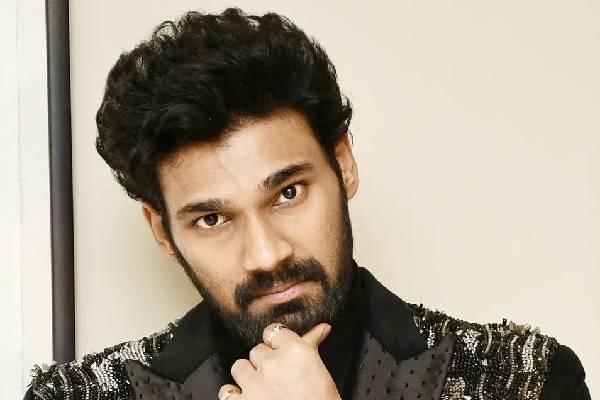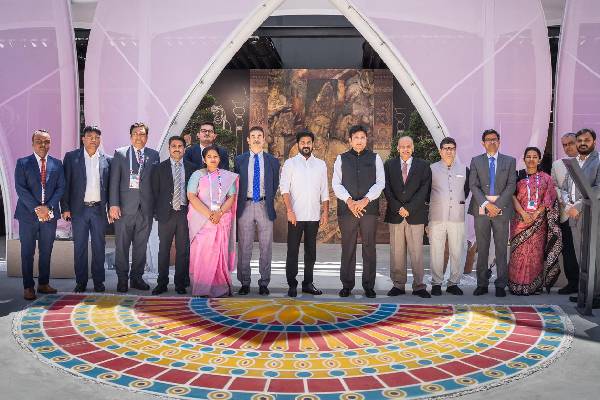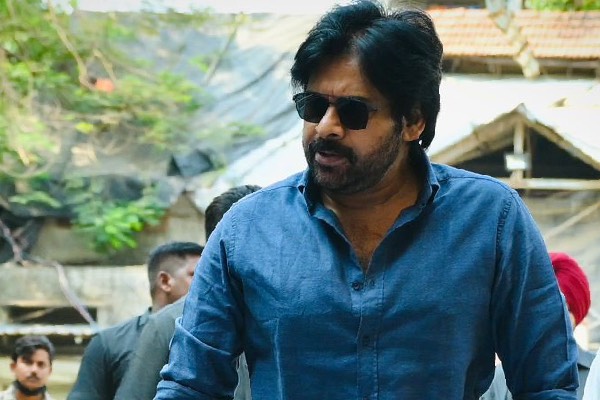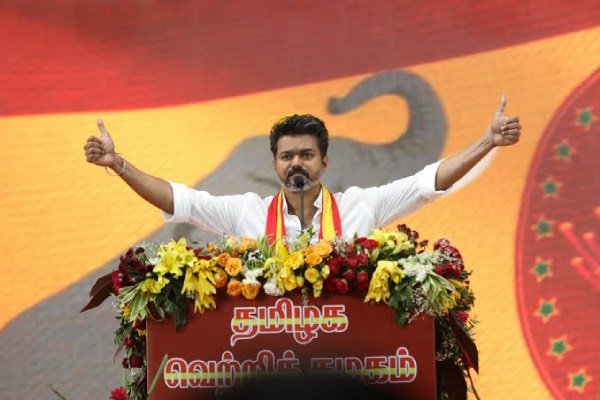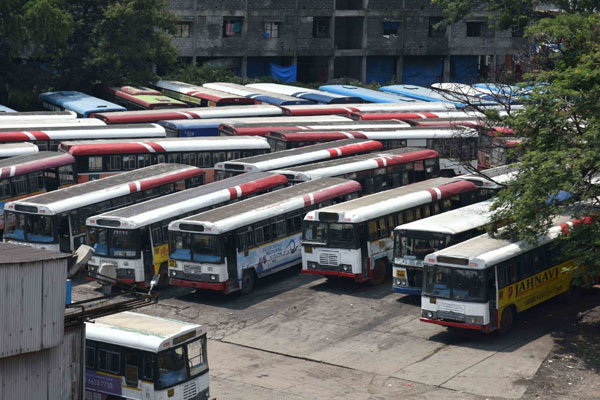The recent Delhi Election result ,mark the end of Arvind Kejriwal’s era of ideology-free politics, which dominated Indian politics for nearly 15 years. Kejriwal’s Aam Aadmi Party (AAP), born out of the anti-corruption movement, initially thrived on urban middle-class anger and street protests. However, its lack of a clear ideological foundation has now led to a significant political setback.
The Rise and Fall of AAP
Kejriwal’s AAP emerged as a political force during the Anna Hazare-led India Against Corruption movement, which had indirect support from RSS-linked organizations. Despite its anti-corruption stance, AAP failed to establish a coherent ideology, positioning itself neither firmly with the BJP nor the Congress. This ambiguity allowed Kejriwal to challenge both national parties but also left his party vulnerable to criticism and electoral losses.
Contradictions in Kejriwal’s Strategy
One of the key contradictions in Kejriwal’s politics is his attempt to align with the INDIA bloc while simultaneously targeting the Congress’s voter base. This dual approach has created confusion among voters and weakened his party’s position. For instance, in Delhi, AAP vacuumed the Congress vote but failed to consolidate its gains in other states like Gujarat, Goa, and Haryana.
BJP’s Dominance and AAP’s Future
The BJP views Kejriwal as a long-term threat and is determined to dismantle his political influence. Despite AAP’s recent defeats, the party still holds significant power in Punjab and the Delhi Municipal Corporation. However, Kejriwal’s ability to navigate the complex political landscape, while fighting both the BJP and Congress, remains uncertain.
A New Chapter in Indian Politics
Kejriwal’s ideology-free politics, once a unique selling point, has now reached its limits. As Indian politics becomes increasingly polarized, AAP’s survival depends on defining a clear ideological stance. The party’s future will hinge on Kejriwal’s ability to reinvent his political strategy and address the contradictions that have plagued his leadership.
This shift marks a significant turning point in Indian politics, signalling the end of an era and the beginning of a new chapter where ideology and clarity will play a crucial role in shaping the political landscape.
-Sanyogita





















